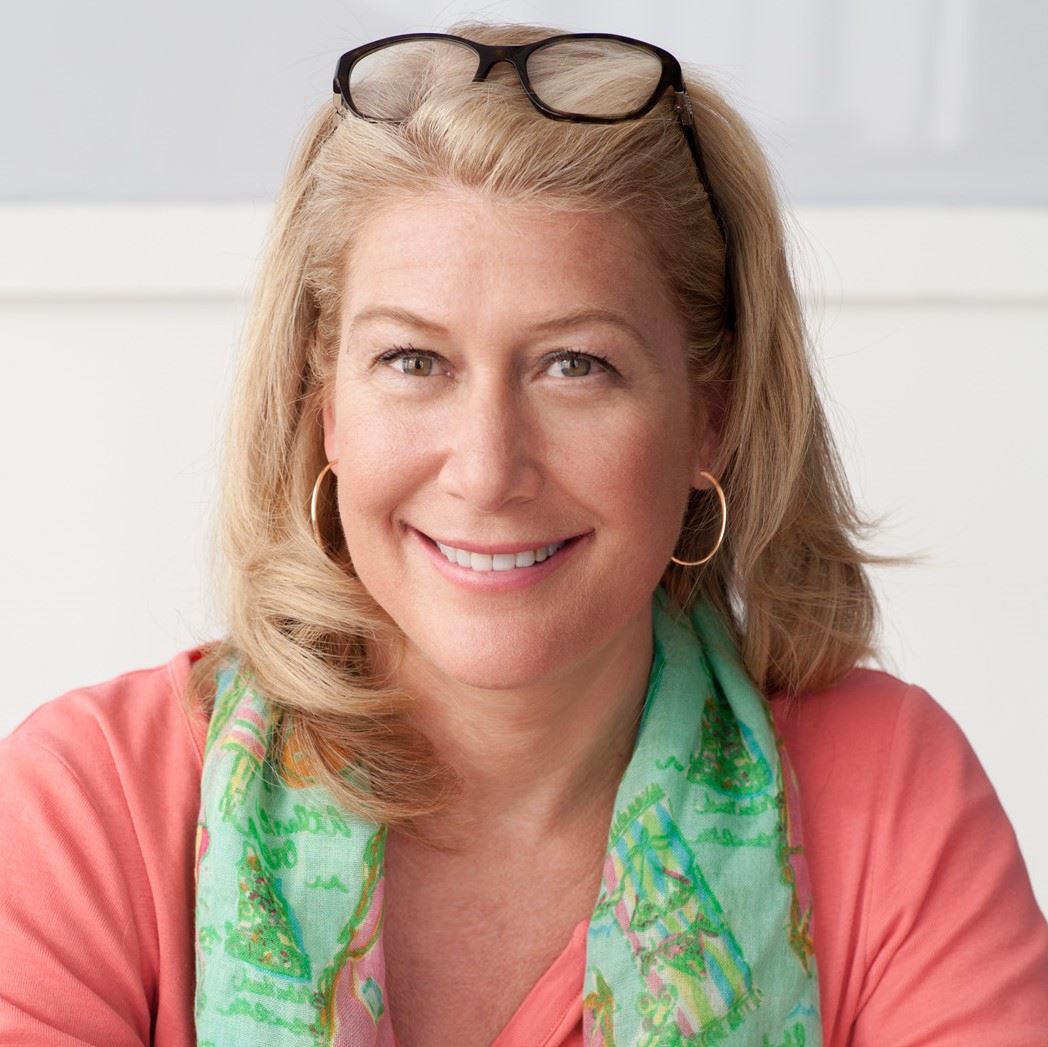-
-
-
-
-
-
-
-
-
-
2022 Workshops
-
-
-
-
-
2022 Workshop Options |
Workshops: Monday, February 7th 2:15-3:15pm ET
How has your social landscape shifted during covid?
Cat Moore, Director of Belonging, USC Loneliness is a big factor driving burnout. Many of us are caring for others at home and work and may not have space to process how our own social wellbeing has been affected over the last two years. So let's slow down and create that space together. We'll break into small groups to use a Belonging Maps tool to reflect on how our relationships to self, others and our physical spaces are shifting. We'll share the effects of those shifts and how we can embrace the simple opportunities for meaningful connection in our daily grinds in these still uncertain times. | Professional Competencies for Higher Education Chaplaincy
Rev. Kelly J. Stone and Rev. Dr. Jan Fuller The work of each chaplaincy is uniquely matched to the culture and climate of individual institutional identity. As a professional organization, ACSLHE articulated a desire to further define the skills, knowledge, education and ongoing development proven to equip and sustain those entering the work of Chaplaincy in the College and University setting. In 2021 the Credentialing Committee was formed to consider the impact and to create a document of a credentialing document for spiritual life professionals in Higher Education. That work is ready for a first glance and feedback from some ACSLHE membership. (This workshop will be recorded) |
The Internet is an Ocean: Is Your Team Surfing or Sinking?
Rev. Dr. Tiffany Steinwert is Dean for Religious & Spiritual Life at Stanford University Amina Darwish is Associate Dean for Religious & Spiritual Life and Advisor for Muslim Life at Stanford University Rev. Paul Brandeis Raushenbush is Senior Advisor for Public Affairs and Innovation at IFYC Remember when people talked about ‘surfing the Internet?’ ‘The Internet is an Ocean’ workshop calls upon the liberating imagery of being on a secure surfboard, equipped with the skills to avoid a wipe out and navigate the online waves towards people and experiences that facilitate our work, give us life and even provide opportunities for joy. Using resources developed both by IFYC and the Stanford ORL, we will explore models for healthy virtual engagement for spiritual wellness and increased interfaith relations. Together we will think through ways to use the internet to foster wellness in ourselves and in our communities. (This workshop will be recorded) | Healthy Boundaries: A Community Building Circle
Kate Smanik Trained circle facilitator and chaplain, Kate Smanik, will lead a small group of 12 people (sign-up will be available Jan 31st) in a community building circle to explore where we struggle to create boundaries as professionals and the tools we each have found to help ourselves and others in this process. Circles are an indigenous tool used around the globe to create space for a dialogue that is deeply relational. In a circle the participants take turns in reflection and focused listening. This workshop will provide an opportunity for a small group to experience a community building circle. Kate will be available to participants after the workshop to discuss the process of circle training for those who would like to bring this experience to their campus. |
Labyrinth Walking with Intention: A Life-affirming Alternative to Burnout
Rev. Katrina Jenkins-Dean of Religious Life, Rollins College and Frank Faine, Rollins College Labyrinth Project Manager The events of the last few years have stretched chaplains beyond what many thought was humanly possible. Many of us had to pivot to offer meaningful programming while create community via a computer screen. Others had to dig even deeper to support their respective communities. Ideas centering around mindfulness and self-care seemed to take center stage in our conversations. The question is - who is taking care of us in the meantime? Please join Katrina Jenkins and Frank Faine for the following workshop in which they call upon the ancient spiritual practice of walking the labyrinth. Please see this and this document, which will be referenced during the workshop. (This session will be recorded) | Boundaries in & of Mindfulness
Ven. Priya Rakkhit Sraman, Matthew Weiner, and Sumi Loundon Kim American Mindfulness has emerged largely from a particular Buddhist contemplative practice. What happens when wellness and religiously diverse chaplains engage mindfulness? What might Buddhist chaplains and practitioners be able to share, that is essential to their larger contemplative moral tradition, but missing from the secularized practice? In what ways can we expand our practices of mindfulness and enhance our understanding of the various forms of mindfulness? |
Workshops: Tuesday, February 8th 3:40-4:30pm ET |
Nine Types of Burnout: Enneagram Ego Structure and the Mechanics that Lead to Exhaustion
Liz Orr In the past few years, the Enneagram has exploded in popularity, with entire podcasts, youtube series, and instagram accounts dedicated to it; lost in all the new noise about the Enneagram is a clear understanding of how to use it to identify and grow out of our patterns. This workshop will clear out the excess clutter about the Enneagram, and offer you a blueprint for the elements of our Ego Structure that operate within us, leading us to the abandonment of healthy boundaries, exhaustion, and burnout. (This workshop will be recorded) | "Are You Practicing Self-Care?" and Other Lies We Tell Our Students
Rev. Maeba Jonas and Alex Miller-Knaack For many, the past two years has made us question if the old ways of helping in chaplaincy are really helping at all. While “self-care” is all the rage in mental health, the fact is for many of us, it was the first thing to go during quarantine. During our time together, we will explore the causes of burnout and the solutions to adapting your work/life balance for the pace of higher education. We will practice strategies such as boundary sharing, somatic processing, and how to rediscover your passion for the work, and for your life. Beyond what you tell your students, what have you done for your soul lately? Or better yet, what has anyone else done for you? By the end of our time together, we will have gathered practical solutions for prioritizing community-care over so called “self-care” and self-love over self-destruction. Or, maybe we’ll just vent… (This workshop will be recorded) |
The Importance of Fun Socks & Other Amusements to Keep Chaplains Going in the Hardest of Times
Sharon M. K. Kugler The nurturing of genuine fun itself is essential to us thriving as chaplains. We are often asked to carry heavy burdens for our campus communities; and we have never had to carry more challenging ones than throughout this pandemic. We see this aspect of the work as a sacred privilege that is embedded in our vocation, but we risk burnout. If we cannot feed ourselves and our colleagues with healthy doses of joy, whimsy, even some irreverent silliness we will struggle to thrive in this work. Bring your own fun socks or other amusements. This is about spreading joy! | Mantle of Mercy: Lessons from the Pandemic
Chaplain Omer Bajwa, Chaplain Muhammad Ali, and Chaplain Patty Anton Written as a misguided act of self-care during the pandemic, “Mantle of Mercy: Islamic Chaplaincy in North America,” is due out just as we pray this adventure called COVID might be coming to an end. While it turns out an epic anthology in the midst of a pandemic is a good recipe for burnout rather than resilience, we did discover some valuable insights around boundaries and burnout. This session will focus on three: developing a framework to understand the work of Muslim chaplaincy, ensuring underrepresented colleagues are well supported, and the essential importance of Muslim spiritual-care practices such Zikr (chanted meditations). (This workshop will be recorded) |
Science of Spirituality, Mental Health and Flourishing; The Unique Impact of a Chaplain on an Awakened Campus
Lisa Miller, Ph.D. Science reveals late adolescence and emerging adulthood to carry an innate, hard-wired “surge” of spiritual development: a hunger of the heart for love and transcendence, together with a nagging of the head to address ultimate existential questions, including the ultimate purpose of oneself and of life itself. Formation of the “spiritual core” of the young adult, as seen through epidemiologic twin studies, derives 1/3 from innate heritability yet still it remains 2/3rd subject to environmental guidance and support. This workshop will examine the science behind the critical importance of spirituality. (This lecture will be recorded) |
ACSLHE | pronounced AXLE | ©2022

.jpg)
.jpg)
.jpg)
.jpg)
%20-%20Paul%20Raushenbush.jpg)
.jpg)
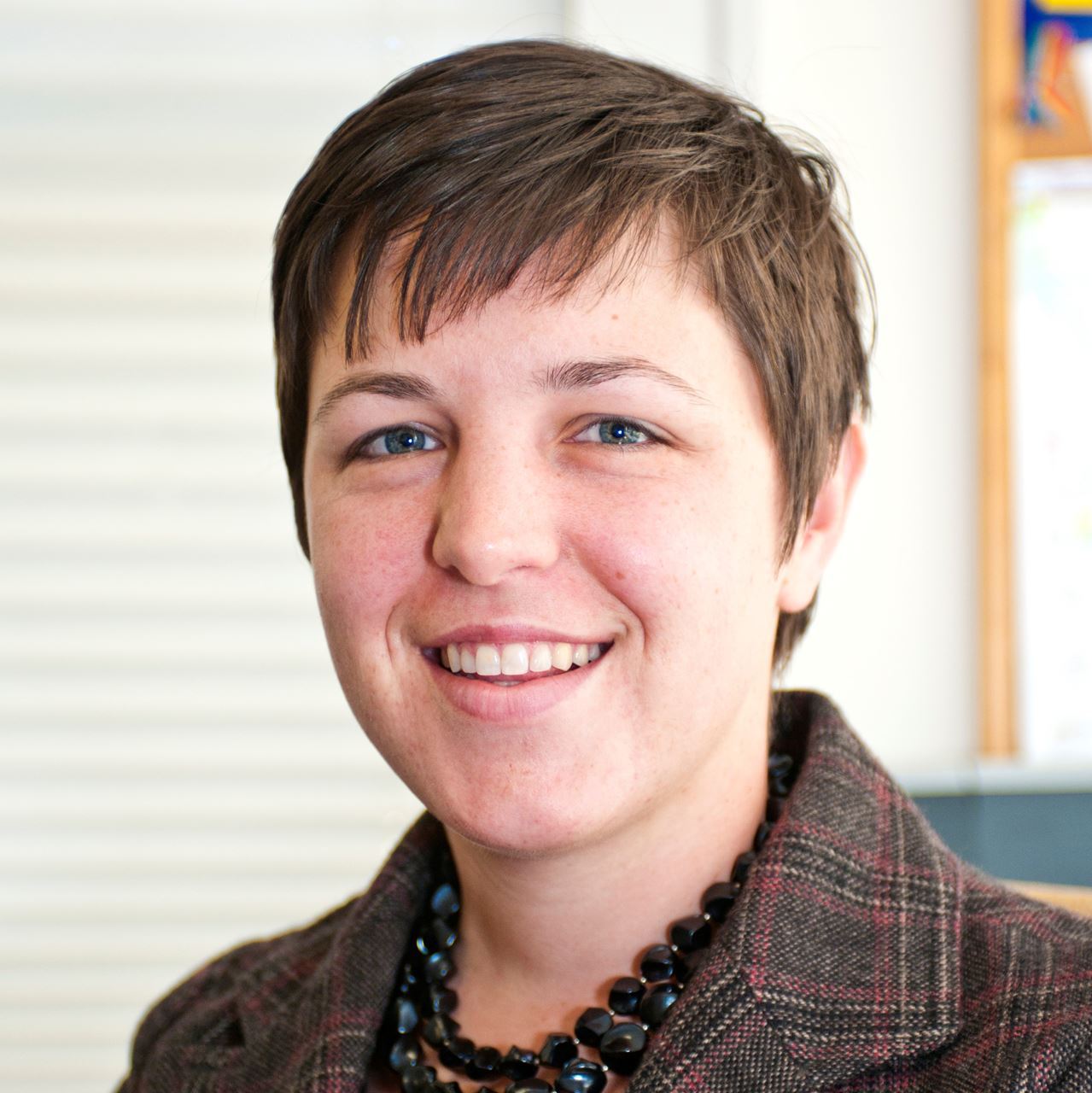
.jpg)
.png)
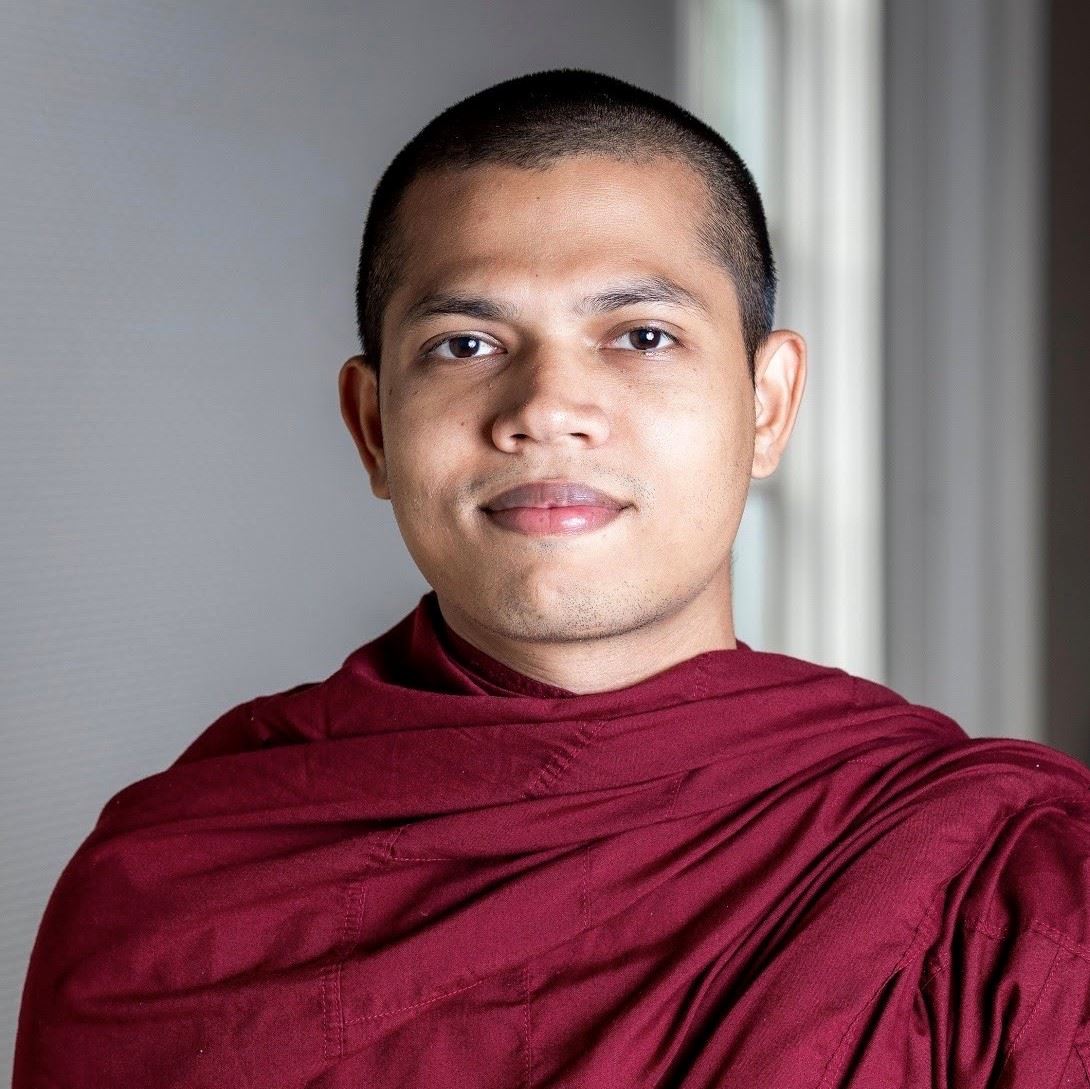
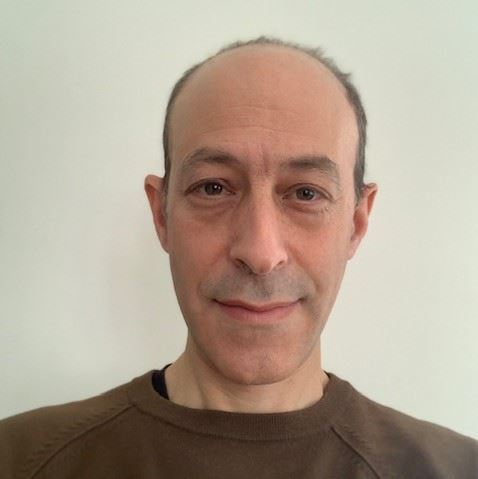
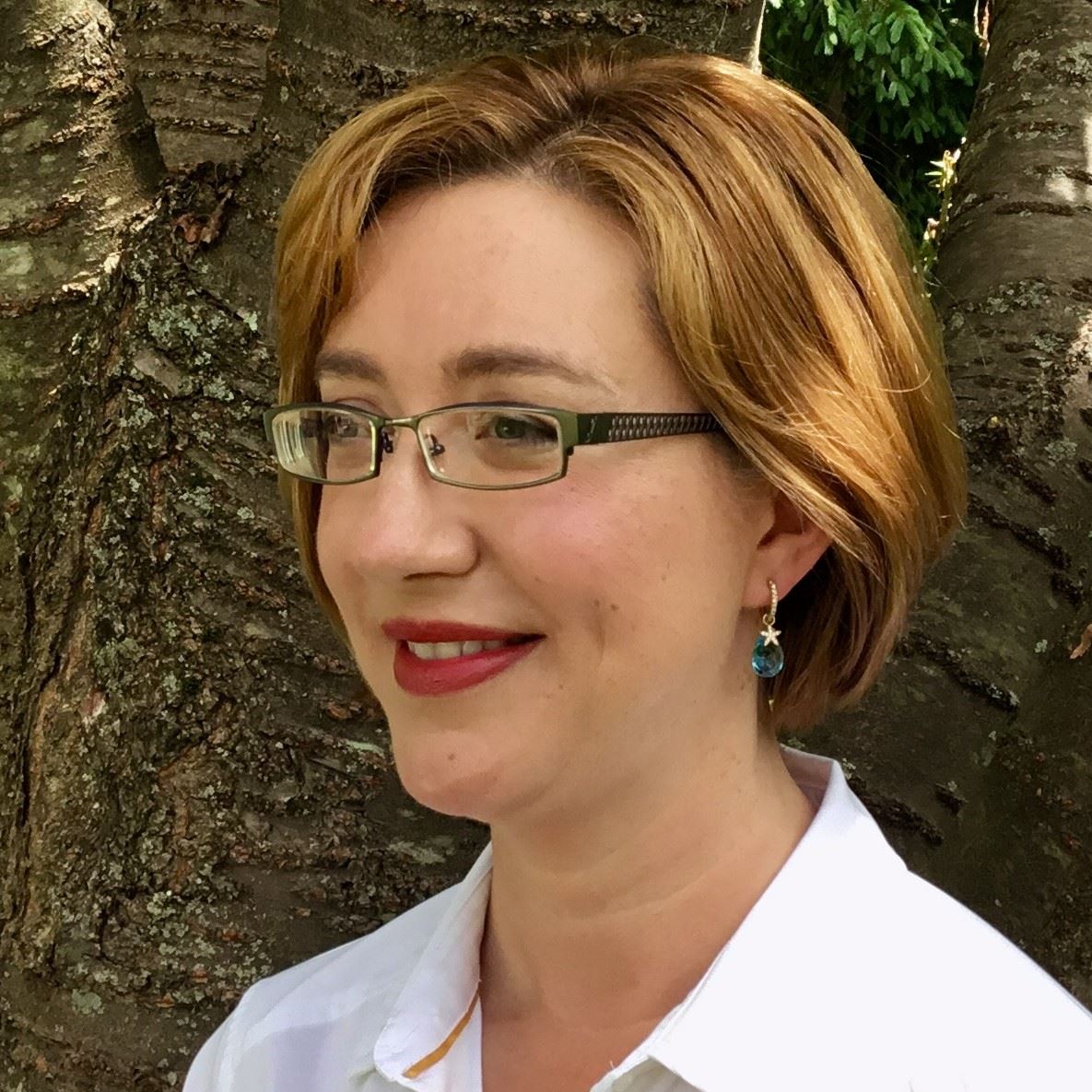
.jpg)
.png)
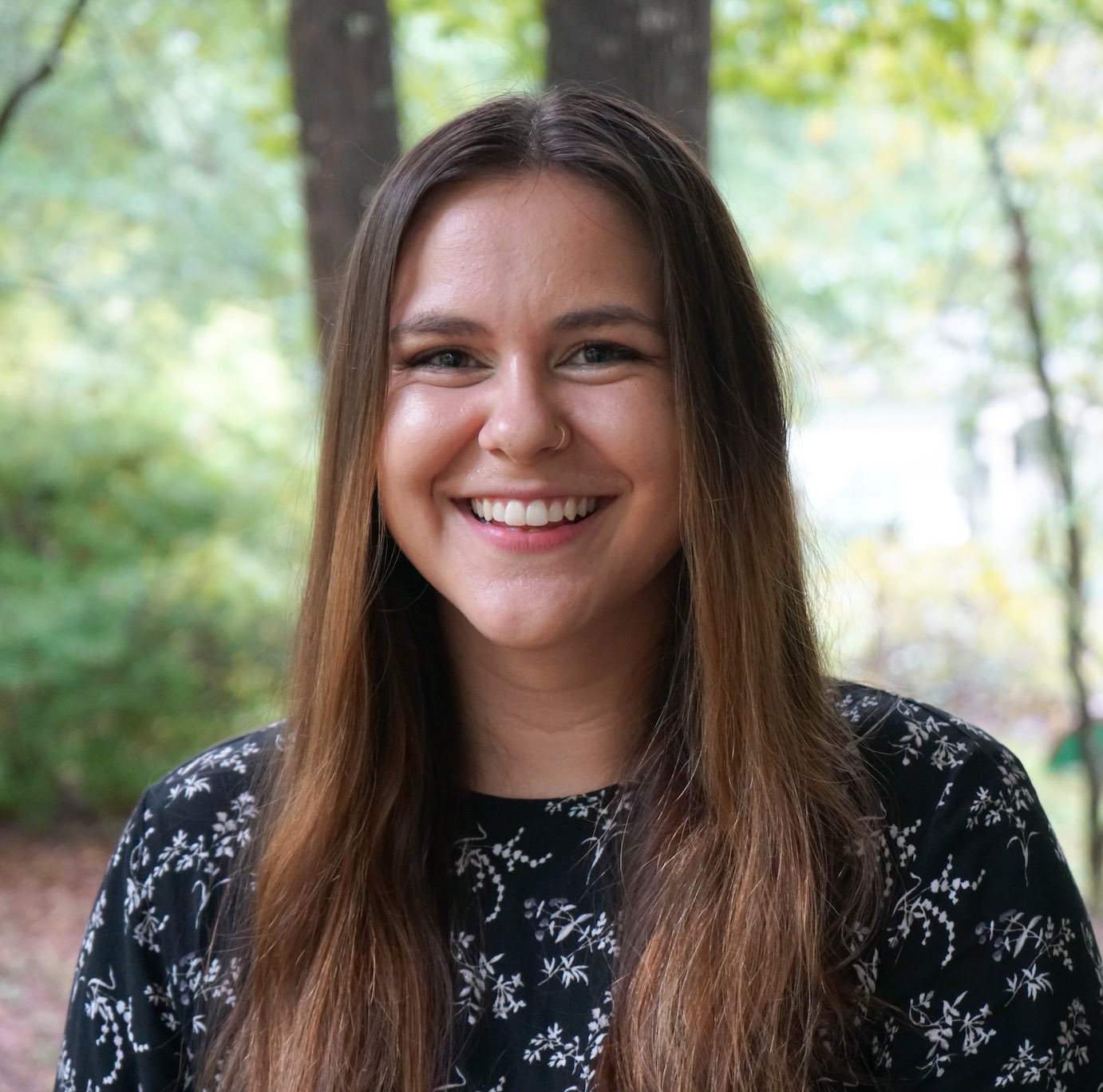

.jpg)
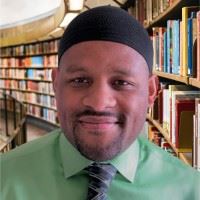
.jpg)
